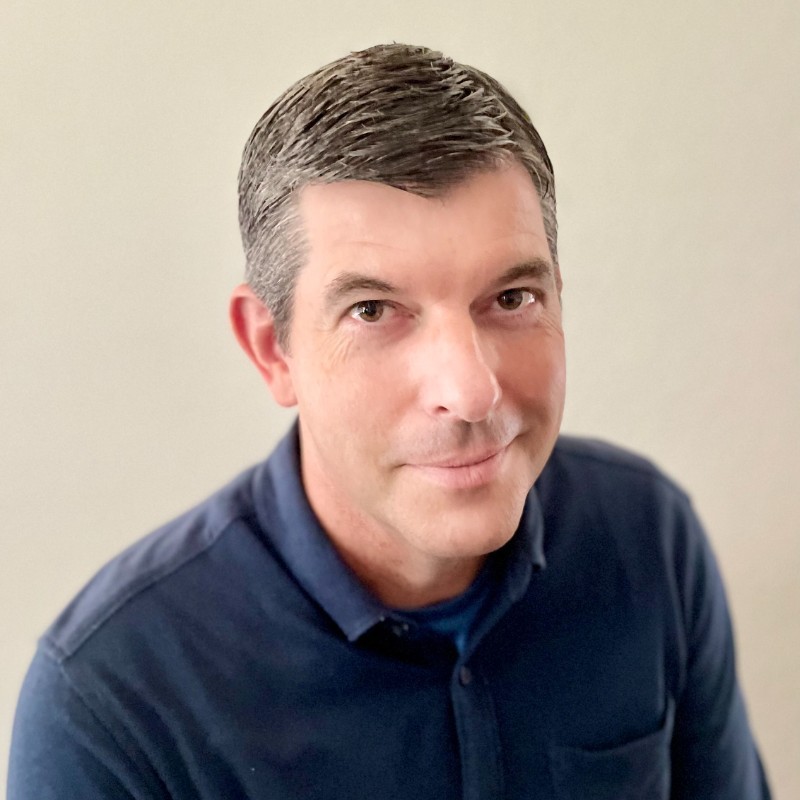Phoenix Suns franchise owner Robert Sarver announced Wednesday that he’s starting the process of selling the team (as well as the Phoenix Mercury) after the results of a NBA-led investigation into allegations of misogyny and racism were released earlier this week.
As a result of the report, Sarver was fined $10 million and suspended from the franchise for a year. A day later, he said he would begin the process of selling both basketball teams.
John Pierce, a professor of practice in W. P. Carey School of Business’ Department of Marketing since 2016, said Sarver’s announcement this week was a best-case scenario for everyone involved.
Pierce teaches applied marketing management and leadership as well as the business of esports. Before ASU, he spent more than eight years leading marketing services, digital media and broadcasting for the U.S. Olympic and Paralympic Committee. He also built major consumer brands at the Walt Disney Company, the Miami Marlins and the Arizona Coyotes, where he served as chief marketing officer.
ASU News spoke with Pierce about this week's news.
John Pierce
Question: What do you think of Sarver's statement that he is looking to sell the Suns?
Answer: I do believe selling the team is the only option available to Robert Sarver given the reaction to the findings of the NBA-led investigation by the team’s stakeholders. Specifically, the reaction of jersey sponsor, PayPal, combined with the reaction of Chris Paul — and presumably other players — was eventually going to create a scenario where Robert Sarver would be faced with no other alternative but to sell the team.
Q: What would the impact of Sarver's continued presence be on the team's players, employees, current and future sponsors and, most importantly, fans?
A: If Robert Sarver had chosen not to put the team up for sale, it is likely that other sponsors would have followed PayPal’s lead; it would have been extraordinarily difficult for the team to re-sign current players and future free agents, and outside of Sarver loyalists, the business operations would likely be fractured.
Q: It seems as if corporate sponsors have been more aggressive in the past few years regarding sports teams (e.g., the renaming of the Washington football team to the Commanders). What are your thoughts on corporate intervention?
A: Brands become sponsors of professional sports franchises for many reasons, but one of the most common reasons is to acquire positive brand equity from the team and its fans. When a team’s brand becomes engulfed in controversy or worse, toxic, brands cannot sit by idly. What’s more, many brands are negotiating out-clauses into their sponsorship agreements that give them the opportunity to initiate termination clauses based on poor behavior or other negative consequences.
Q: What’s next for the Suns and the Mercury?
A: Assuming Robert Sarver follows through on his plans for selling the team, the Suns have an opportunity to turn the page on this era. This will likely reenergize an already engaged fan base, drive renewed interest from sponsors and help reinforce the image of Phoenix as a desired destination for free agents.
Top photo by Markus Spiske from Pexels.
More Business and entrepreneurship

Boosting entrepreneurship to meet the market's needs
America loves an entrepreneur — the home run king of all businesspeople.And at Arizona State University, we love them, too.Here’s a look at how ASU prepares business students, alumni, development…

ASU Prep program turns students into statisticians through the power of sports
Ask a high school kid if they want to attend a statistics class, and they might give you a blank stare or just laugh.Ask them if they want to go to a professional baseball game and their response…
The business behind the brand
Ask Jennifer Boonlorn ('01 BS in marketing) about the secret to a successful career in the luxury fashion industry and she'll tell you that community building is top of the list."I want to share…



